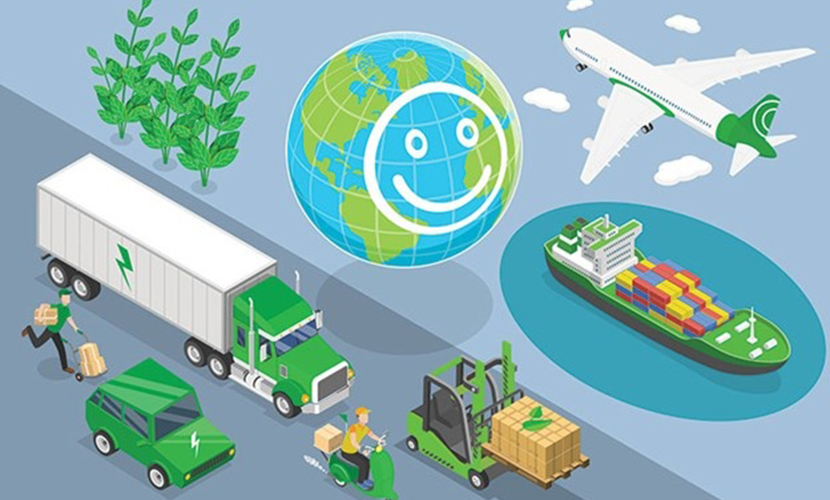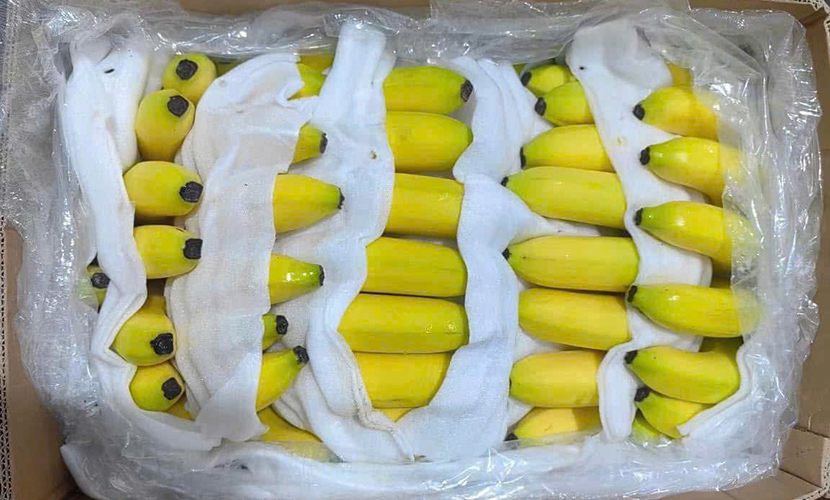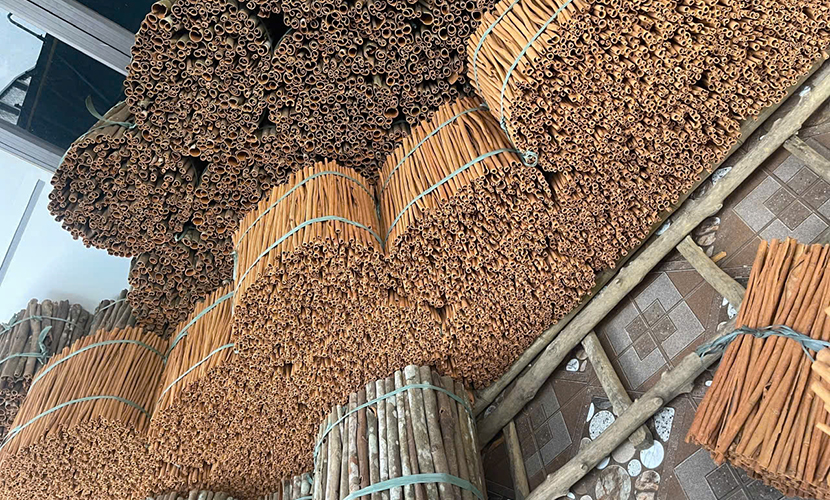
In the trend of sustainable development, green logistics is becoming a “passport” for Vietnamese exporters in the international market. However, the journey to greening the supply chain for Vietnamese businesses still faces numerous challenges. Therefore, it requires synchronized infrastructure, supportive policies, and a long-term strategic vision.
In the context of globalization combined with the demands of sustainable development, Vietnamese exporting enterprises are under strong pressure. As a result, they should make “green” their supply chains. Whereas green practices were once merely a trend, they have now become essential. Companies must adopt them to maintain market share and meet international standards.

Vietnamese exporters in the green logistics transformation process
Mr. Đào Trọng Khoa is the Chairman of the Vietnam Logistics Business Association. He commented that the green transformation in logistics represents a “historic turning point” for Vietnamese exporters. Global disruptions are affecting Vietnam’s logistics sector. Specifically, these challenges encompass disruptions in the supply chain as well as escalating transportation costs.
In addition, new technical barriers have emerged, such as carbon taxes and Environmental, Social, and Governance (ESG) standards imposed by the European Union and the United States. Consequently, Vietnamese organizations should engage in competition with greater intensity than ever before.
In practice, green logistics is no longer just a slogan. Also, it has penetrated every link in the supply chain—from raw material sourcing, production, and distribution to waste management. Government Resolution No. 163/NQ-CP also emphasizes developing logistics in connection with sustainable supply chains. It considers this development a key driver of green growth.
Mr. Đỗ Hà Nam is the Chairman of the Board of Intimex Group. He noted that international partners are increasingly demanding efficient transport routes, low-emission vehicles, and transparency in emissions. “Intimex currently outsources most of its logistics infrastructure, such as cold storage, so we can control emission issues. However, we have established supplier evaluation criteria based on ISO 9001:2015. Accordingly, we pay particular attention to quality, safety, and environmental standards,” Mr. Nam shared.

Fresh banana – one of the key fruit exports from Vietnam
Not only in Europe, but in East Asia as well, the demand for “green logistics” is becoming increasingly prominent. Mr. Nguyễn Văn Thứ is the Chairman of GC Food, an aloe vera exporter to Japan and South Korea. He stated that partners have begun incorporating ESG criteria into the supply chain. Although GC Food has not yet been directly affected by the EU’s Carbon Border Adjustment Mechanism (CBAM), the company regards this as a preparatory phase for future breakthroughs. At the same time, it avoids treating this period with complacency.
Although certain progress has been made, Vietnam’s journey toward green logistics is still at an early stage. The lack of synchronized infrastructure, especially in road transport and warehousing, remains a major barrier. As a result, Vietnam’s export businesses find it difficult to fully implement green standards.
According to Mr. Đỗ Hà Nam, Intimex is transitioning to a more proactive logistics model through capital contributions and investment partnerships with major partners. The company is prioritizing those that adopt green and energy-efficient technologies. However, the greatest challenge remains the weak domestic logistics capacity. As a result, businesses, even those meeting international standards, must operate within an infrastructure system that is still inadequate.
At GC Food, the strategy to reduce emissions is concretized through direct investment in raw material areas. In Khánh Hòa province (formerly part of Ninh Thuận), the company built a processing plant right within the aloe vera cultivation area. It helps shorten harvesting time and reduce intermediate emissions.
“We collaborate with local households and cooperatives across 159 hectares of clean aloe vera. By purchasing raw materials locally and delivering them directly to the factory, the logistics chain is shortened and emissions are significantly reduced,” Mr. Thứ said.

Cassia sticks – famous spices from Vietnam
However, he emphasized that green transformation cannot be a solo endeavor. Logistics is a system heavily dependent on infrastructure, policies, and regional coordination. One of the biggest bottlenecks is that the national transport structure still relies mainly on road transport, a mode with high emissions. In contrast, rail and inland waterways, which are lower-emission alternatives, have not received adequate investment.
Mr. Thứ illustrated that GC Food has a factory located just a few dozen kilometers from the North-South railway line. However, it cannot connect efficiently due to a lack of standardized transit warehouses and intermodal services. Additionally, the cost of green logistics trensformation remains significantly higher than conventional methods. Moreover, international-standard green transport providers are still few and mostly concentrated in major cities.
“For small and medium enterprises, especially in the agricultural sector, finding ESG-compliant transport partners from remote areas to international ports remains extremely challenging,” Mr. Thứ frankly shared.
It is clear that green logistics has become a vital requirement for Vietnamese exporting businesses in the context of fierce global competition. Vietnamese exporters can conquer international markets only when the government, businesses, and partners act together. In addition, infrastructure should develop synchronously, and green awareness is widely promoted. In this way, they achieve both sustainable strength and environmental responsibility.
Vietnamese source: https://thuehaiquan.tapchikinhtetaichinh.vn/doanh-nghiep-xuat-khau-viet-truoc-thach-thuc-chuyen-doi-logistics-xanh-200544.html
